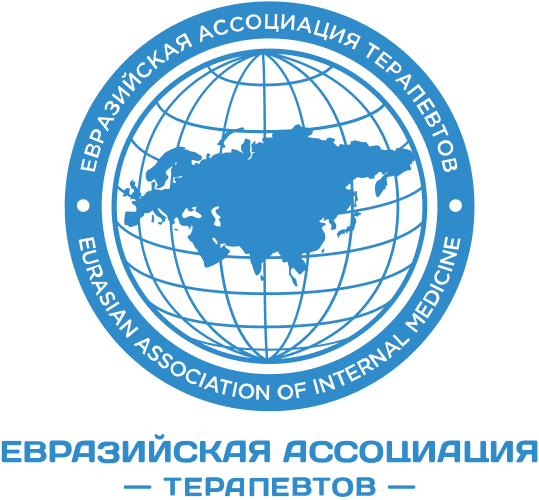Вся информация, размещенная на данном веб-сайте, предназначена исключительно для специалистов здравоохранения — медицинских и фармацевтических работников.
*Если Вы не являетесь специалистом здравоохранения, в соответствии с положениями действующего законодательства РФ Вы не имеете права доступа к информации, размещенной на данном веб-сайте.

